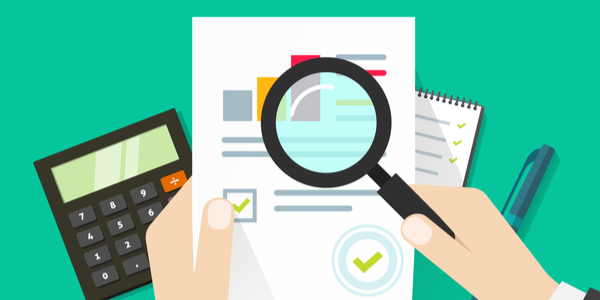As the FY2019 H1B visa lottery season kicks off, indications are that the USCIS will have a ‘zero tolerance’ policy toward errors, lack of documentation and any attempts to circumvent the H1B rules.
There are no new laws affecting the H1B visa program, but there is a heightened level of scrutiny of all petitions which should result in more rejections and requests for additional documentation. While this may seem like a negative trend for applicants, in truth it gives valid petitions for true ‘specialty occupations’ a better chance of selection and approval.
Here is a quick rundown of what some immigration attorneys are advising their clients:
Duplicate petitions will be rejected automatically: Previously, some sponsors would submit duplicate petitions in the annual lottery for the same worker, hoping to increase their odds of being selected. It seems hard to believe that these duplicates were somehow permitted or missed in the past, but now, any duplicates will be rejected entirely with no chance of review. Obviously, this is a positive development for sponsors/workers vying for a visa with a single petition, to keep all applications on equal footing.
Apparently, some sponsors would submit petitions through ‘related business entities’ for the same worker, and that practice will be prohibited unless there is a ‘legitimate business need.’ Another ploy was to submit duplicate applications but for a different position, even when the job description was essentially the same. Now, the USCIS says that if the position changes for some reason, the only recourse is to amend the original petition.
Copy of worker’s passport is required with the petition: This may seem obvious, but the USCIS has come out specifically to state that a copy of the passport is required at the time the petition is submitted.
Extensions or transfers must show evidence of valid non-immigrant status during the interim time period: Some H1B workers applying for extensions or transfers may not exceed the validity of the original H1B visa stamped in their passport. There is a two-month grace period, but any applicant out of status beyond that point would need to leave the country or lose their chance at a new H1B. There is no way around this rule, so it is best to work closely with the sponsor to make sure the start date is soon enough.
All successful H1B must present detailed personal information at the consulate interview: In what was originally communicated as an optional or potential requirement, the USCIS recently stated that all H1B petitioners would need to provide social media accounts, phone numbers, travel history and email addresses for the past 5 years.
Previously, this was only asked of applicants who required ‘extra scrutiny’ to confirm identity or for national security vetting. But now it will be mandatory for every H1B visa prior to approval and stamping at the consulate. The H1B program is not being singled out with this new rule, as it will be applied to every single visa application to the US, including tourist visas.
What to Expect Next for the H1B Visa Program?
These rule enforcements and enhancements will weed out less qualified and lower paid foreign applicants, but should benefit those seeking specialized, high wage positions. Also, less scrupulous sponsors will be identified and barred from the program if they intentionally violate the rules.
Passing new H1B visa legislation seems to have slipped off the Trump administration’s priority list, so all we can expect is the current system, with increased review measure and enforcement in the coming year.
- April 9th, 2018
- 1

1 thought on “The H1B Visa in FY2019: Zero Tolerance Policy in Following Regulations”